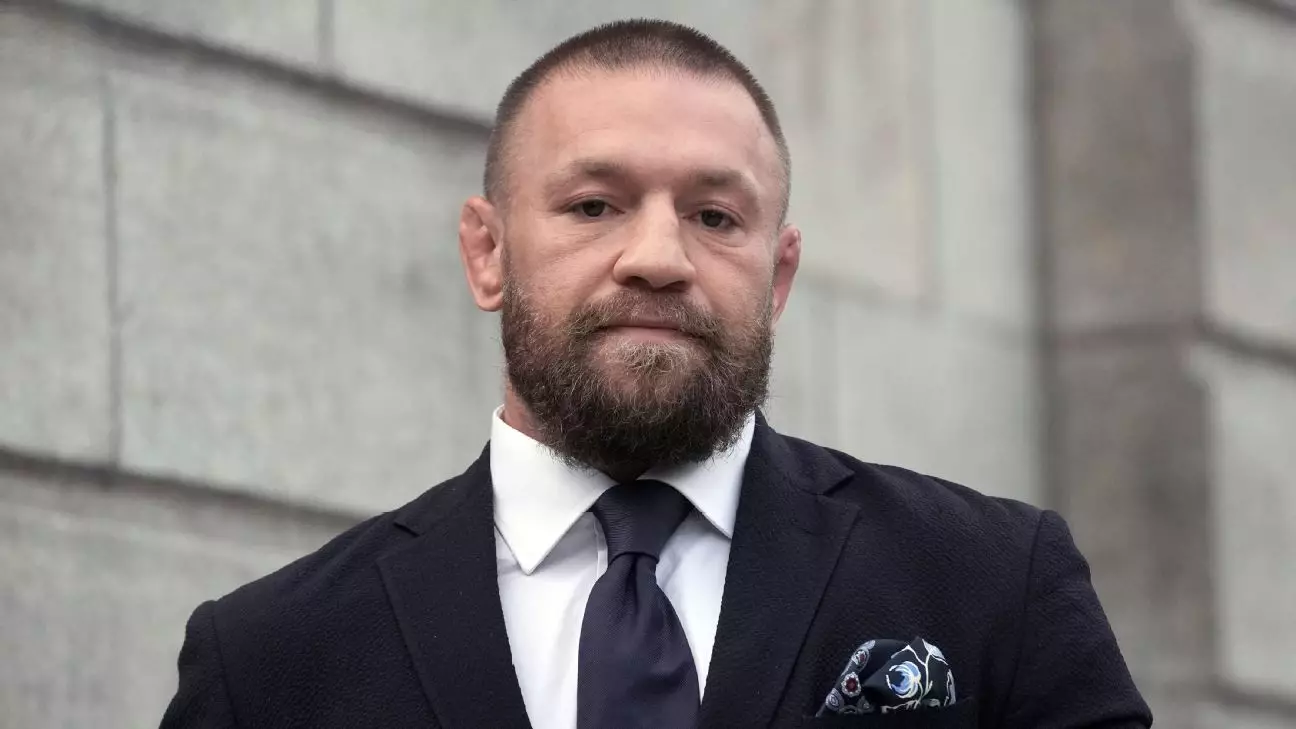In a high-profile civil case taking place in Dublin, former UFC champion Conor McGregor faces serious allegations of sexual assault stemming from an incident in December 2018. During the trial, which has garnered significant media attention, McGregor vehemently denied the charges, claiming they were “full of lies.” The complexity of the accusations and the emotional weight of the testimonies underscore the intricacies involved in cases of this nature, where public perception often dovetails with legal realities.
The woman, whose identity has not been disclosed, alleged that on December 9, 2018, she was sexually assaulted by McGregor and another individual named James Lawrence. According to her testimony, the incident occurred after a festive gathering when McGregor allegedly facilitated her entry to a party situated at a penthouse in south Dublin. The woman described a troubling scenario where alcohol and drugs were present and suggested that her state of mind during the encounter was compromised. She emphasized she had made it clear to McGregor that she was not interested in engaging in intimate relations, yet her refusal was reportedly disregarded.
Taking the stand for the first time during the trial’s sixth day, McGregor’s defense was robust. He characterized the woman’s claims as fabrications, arguing that everything recounted by her was untrue. Notably, he contested the assertion that he had caused her physical injuries, dismissing allegations that he had left marks on her body due to excessive force. Such contentions form a crucial part of his defense strategy, as he aims to shift the narrative away from allegations of wrongdoing towards a portrayal of consensual engagement.
The trial has broader implications beyond the particular allegations against McGregor. It highlights an ongoing societal struggle with issues of consent, especially in contexts involving intimate relationships where substance use is prevalent. The woman’s legal representation, John Gordon, pointed out the psychological vulnerability of his client, mentioning her utilization of antidepressants at the time of the alleged assault. This aspect raises questions about the responsibilities of individuals in positions of power and influence when engaging with those who may be more susceptible to coercion.
As the trial progresses, the juxtaposition of McGregor’s resolute denial against the woman’s detailed claims raises critical discussions about accountability, the legal ramifications of sexual assault allegations, and society’s response to such cases. The jury, consisting of eight women and four men, will ultimately determine the outcome of this complex situation, one which reverberates within the realms of both pop culture and legal discourse. With each testimony, both sides will strive to establish their narrative as the case unfolds, further complicating an already multifaceted legal battle.


Leave a Reply